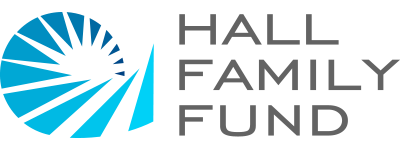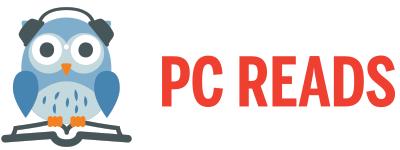Parents:
Teachers:
Dyslexia Facts
- Dyslexia is the most common reading disorder.
- Dyslexia is believed to affect approximately 15-20% of the world population.
- Dyslexia is the most common cause of reading, spelling and writing difficulties.
- It is estimated that between 70 to 80% of those with reading difficulties have trouble with accurate and fluent word recognition originating from a phonological processing weakness. Most of these individuals could be classified as dyslexic.
- Dyslexia occurs in children with all intelligence levels; however, dyslexics frequently have above average intellectual capability.
- Dyslexia can be hereditary.
Dyslexia Definition
Dyslexia is characterized by difficulties with accurate and/or fluent word recognition and by poor spelling and decoding abilities. These difficulties typically result from a deficit in the phonological component of language that is often unexpected in relation to other cognitive abilities and the provision of effective classroom instruction. Secondary consequences may include problems in reading comprehension and reduced reading experience that can impede growth of vocabulary and background knowledge.
Definition adopted by the International Dyslexia Association Board of Directors, Nov. 12, 2002. This Definition is also used by the NICHD (National Institute of Child Health and Human Development).
Dyslexia Signs & Strengths
If several of the signs or strengths listed below are true about your child, it is worth taking the time to learn more about dyslexia and consider a professional evaluation. Dyslexia does not affect intelligence, and many young students with dyslexia are able to mask their reading difficulties until the third or fourth grade. Generally, if a child is unexpectedly struggling to learn to read, dyslexia should be considered.
PRESCHOOL
- Delayed speech
- Mispronounces familiar words
- Confusion of left vs. right
- Difficult tying shoes
- Difficulty rhyming
- Difficulty learning letters and their sounds
- Close family member with dyslexia
- Large spoken vocabulary
- Curious & great imagination
- Excellent comprehension when stories are read or told
- Talented at building models or puzzles
ELEMENTARY SCHOOL
- Slow, choppy, inaccurate reading
- Trouble reading unfamiliar words (cannot sounds out new words)
- Avoids reading out loud
- Confuses words that sound alike (tornado for volcano)
- Poor spelling (often spelling is very phonetic)
- Lack of capitalization and punctuation in written work
- Trouble remembering sight words
- Trouble with homonyms
- Messy handwriting
- Difficulty memorizing math facts
- Difficulty telling time on analog clocks
- Messy bedroom & desk
- Excellent thinking & reasoning skills
- Excellent listening comprehension
- “Big picture” thinkers
- Sophisticated listening vocabulary
Many adults who are dyslexic were never formally diagnosed. Often, when a family learns that a child is dyslexic, they realize that a parent is, too. Below is a list of characteristics associated with dyslexic adults.
ADULTS
- Slow reader
- Terrible speller
- Childhood history of reading and spelling difficulties
- Difficulty with writing thoughts
- Avoided writing papers in college
- May confuse b & d, especially if tired
- Noticeably articulate in expression of ideas
- Exceptional empathy
- Inclination to think outside the box
- Often successful entrepreneurs
More Information
If you’ve read through the above and want to learn more, PC READS suggests starting with:





